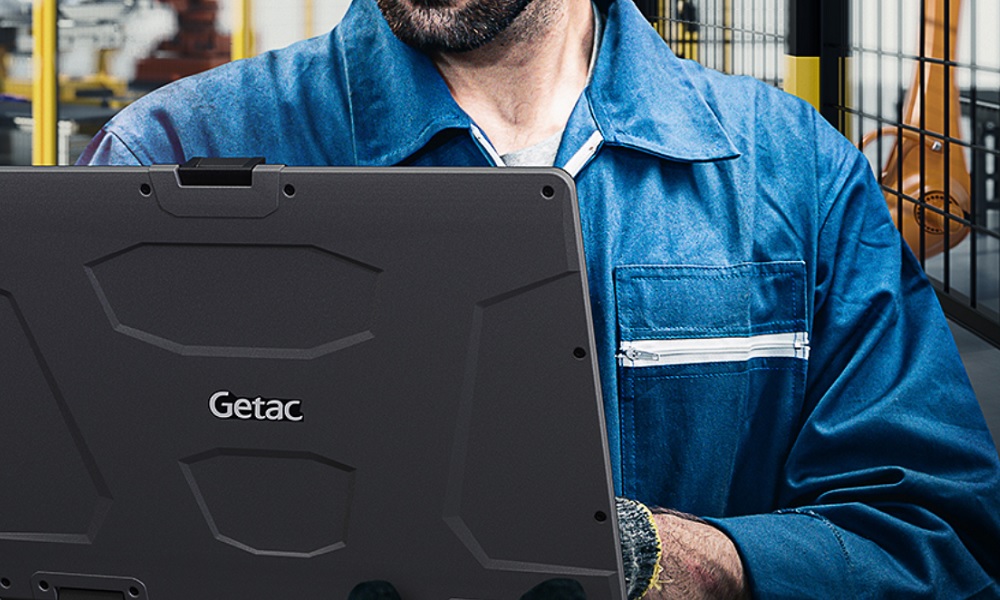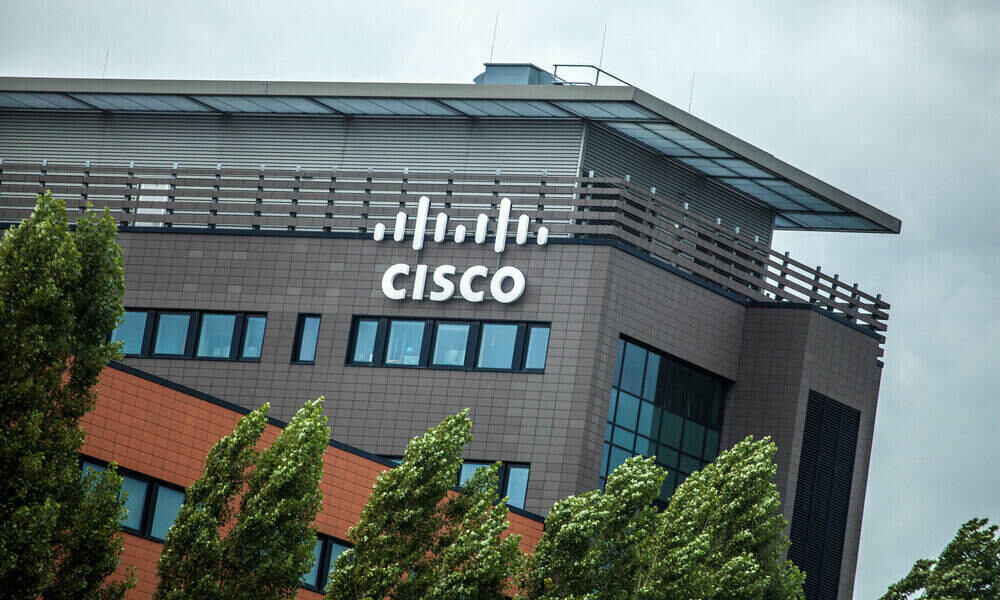
Getac has shared with us a brief but interesting podium from its Director of Global Market Development, Jerry Huang, focused on the rise of digitization in Industry 4.0and we want to share it with you as we have received it, since we believe it contains valuable information.
The growth of the digitization of Industry 4.0 has had a significant impact on the manufacturing sector. The leap from traditional paper-based methods to digital solutions contributes to a significant improvement in various areas of the manufacturing industry, as well as to reducing its production costs. A quarter of US manufacturers believe that digitization can reduce costs by 30%. Therefore, manufacturing industries need the right tools to make this transition a success. The statistical company Statista, in collaboration with Getac, has carried out a study on the different advances in the digitization of the industry of the future.
Lto artificial intelligence, extended reality and robotization, These are some of the digitization processes that will allow the changing sector of the manufacturing industry to face the challenges of tomorrow.
Artificial Intelligence applied to Industry 4.0
It is estimated that the use of artificial intelligence in all manufacturing industries it will grow at an annual rate of 57.2% in the next 5 years. Thus, by 2026, the market is expected to have a value of 14.02 billion euros.
IT tool providers must therefore integrate these elements to offer robust IT solutions for these specialized industrial applications and thus help the integration of a greater number of technologies in the manufacturing process.
Extended reality, also known as XR reality or cross reality, refers to technologies that create computer-generated environments and objects. These different technologies are first distinguished and defined by the relationship they create between the real and virtual worlds. While in augmented reality the user observes virtual objects that complement the real world, virtual reality immerses the user in a purely virtual environment. The extended reality market is booming worldwide and is expected to reach a total of 29,390 million euros in 2023, which represents an increase of 170% in just 2 years. The United States and Europe will represent 60% of the market.
The use of these advanced technologies requires very low latency times. Therefore, it is imperative that providers of IT tools for manufacturing industries equip their devices with advanced technologies such as Li-Fi. The Li-Fi (or Light Fidelity) It is a wireless communication technology based on the use of visible light, unlike Wi-Fi. This technology has numerous advantages: light does not interfere with radio frequencies, which guarantees Li-Fi compatibility with radio technologies (Wi-Fi, 3G, 4G, etc.). In addition, light, unlike radio waves, cannot pass through walls, ensuring data separation and security on both sides of walls.
Automation of the manufacturing industry
The use of robots and automation have become a reality for many sectors. In Germany, for example, it is estimated that 59% of manufacturing industries use these processes. The global robotics market is expected to grow by 20% per year for the next 5 years. and 9% per year for automation between 2018 and 2025. The total volume is expected to be around €62.13 billion in 2026.
By equipping themselves with the right equipment, such as robust and environment-resistant IT tools, enterprise resource planning, shop floor management and manufacturing execution systems, manufacturing industries can streamline their operations and thus significantly reduce costs to take full advantage of these technological advances.
Each technical revolution, each crisis, entails great transformations that make society advance. In this new industrial model, the coronavirus pandemic has accelerated the implementation of digital industrial solutions. Companies have realized that their productivity and profitability can improve and increase thanks to technology. In conclusion, despite the various possibilities offered by digitization processes to the manufacturing industry, AI or VR have not yet expressed their full potential in a market where great disparities still exist.
In the near future, more efficient technologies with innovative transmission media will allow more effective communication with a higher level of security; at the same time that They will allow the necessary agility to adapt to their environment. Over time, we will see more and more IT solutions used regularly in the industry sector. It is also crucial to ensure that the IT equipment used is robust and capable of optimal performance; Getac devices meet these criteria, they are designed to perform optimally despite exposure to high temperatures, splashes of water, shocks, drops and vibrations.




